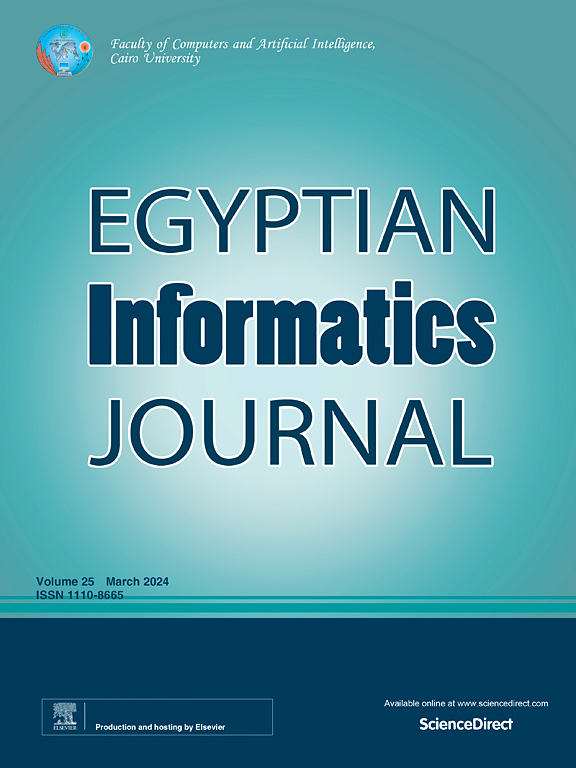Quantum computing in addressing greenhouse gas emissions: A systematic literature review
IF 5
3区 计算机科学
Q1 COMPUTER SCIENCE, ARTIFICIAL INTELLIGENCE
引用次数: 0
Abstract
The greenhouse gas (GHG) emissions issue that is directly related to the 13th Sustainable Development Goals; Climate Action has gained attention on a global scale, prompting the utilization of all available technological advancements, including quantum computing. This systematic literature review, employing Kitchenham’s method, explores the realm of quantum computing and its application to the pressing issue of GHG emissions. Through a meticulous analysis of scholarly articles, we identify key trends, influential authors, core sources, and relevant affiliations within this research domain. Notably, our findings underscore a robust connection between quantum computing studies and the fields of machine learning and optimization, where various optimization tasks attempt to minimize GHG emissions, predominantly in the Energy and Logistics problem domain using Quantum-inspired Evolutionary Algorithm, Quantum-inspired Swarm Optimization, or Quantum Annealing. An insightful map reveals the emergence of diverse quantum computing implementations for varied tasks, across various domains, providing nuanced perspectives and identifying potential research directions, particularly in optimization and prediction tasks. This study offers a foundational understanding of trends, challenges, and opportunities associated with quantum computing implementation in addressing GHG emissions, contributing to the ongoing establishment of sustainable technology.
量子计算解决温室气体排放:系统的文献综述
与第13个可持续发展目标直接相关的温室气体排放问题;气候行动在全球范围内引起了关注,促使人们利用包括量子计算在内的所有可用技术进步。本文采用Kitchenham的方法,对量子计算领域及其在温室气体排放这一紧迫问题上的应用进行了系统的文献综述。通过对学术文章的细致分析,我们确定了该研究领域的主要趋势、有影响力的作者、核心来源和相关从属关系。值得注意的是,我们的研究结果强调了量子计算研究与机器学习和优化领域之间的强大联系,其中各种优化任务试图最大限度地减少温室气体排放,主要是在能源和物流问题领域使用量子启发进化算法,量子启发群优化或量子退火。一幅富有洞察力的地图揭示了不同领域的不同任务的不同量子计算实现的出现,提供了细微的观点,并确定了潜在的研究方向,特别是在优化和预测任务方面。本研究提供了与解决温室气体排放的量子计算实施相关的趋势、挑战和机遇的基本理解,有助于持续建立可持续技术。
本文章由计算机程序翻译,如有差异,请以英文原文为准。
求助全文
约1分钟内获得全文
求助全文
来源期刊

Egyptian Informatics Journal
Decision Sciences-Management Science and Operations Research
CiteScore
11.10
自引率
1.90%
发文量
59
审稿时长
110 days
期刊介绍:
The Egyptian Informatics Journal is published by the Faculty of Computers and Artificial Intelligence, Cairo University. This Journal provides a forum for the state-of-the-art research and development in the fields of computing, including computer sciences, information technologies, information systems, operations research and decision support. Innovative and not-previously-published work in subjects covered by the Journal is encouraged to be submitted, whether from academic, research or commercial sources.
 求助内容:
求助内容: 应助结果提醒方式:
应助结果提醒方式:


